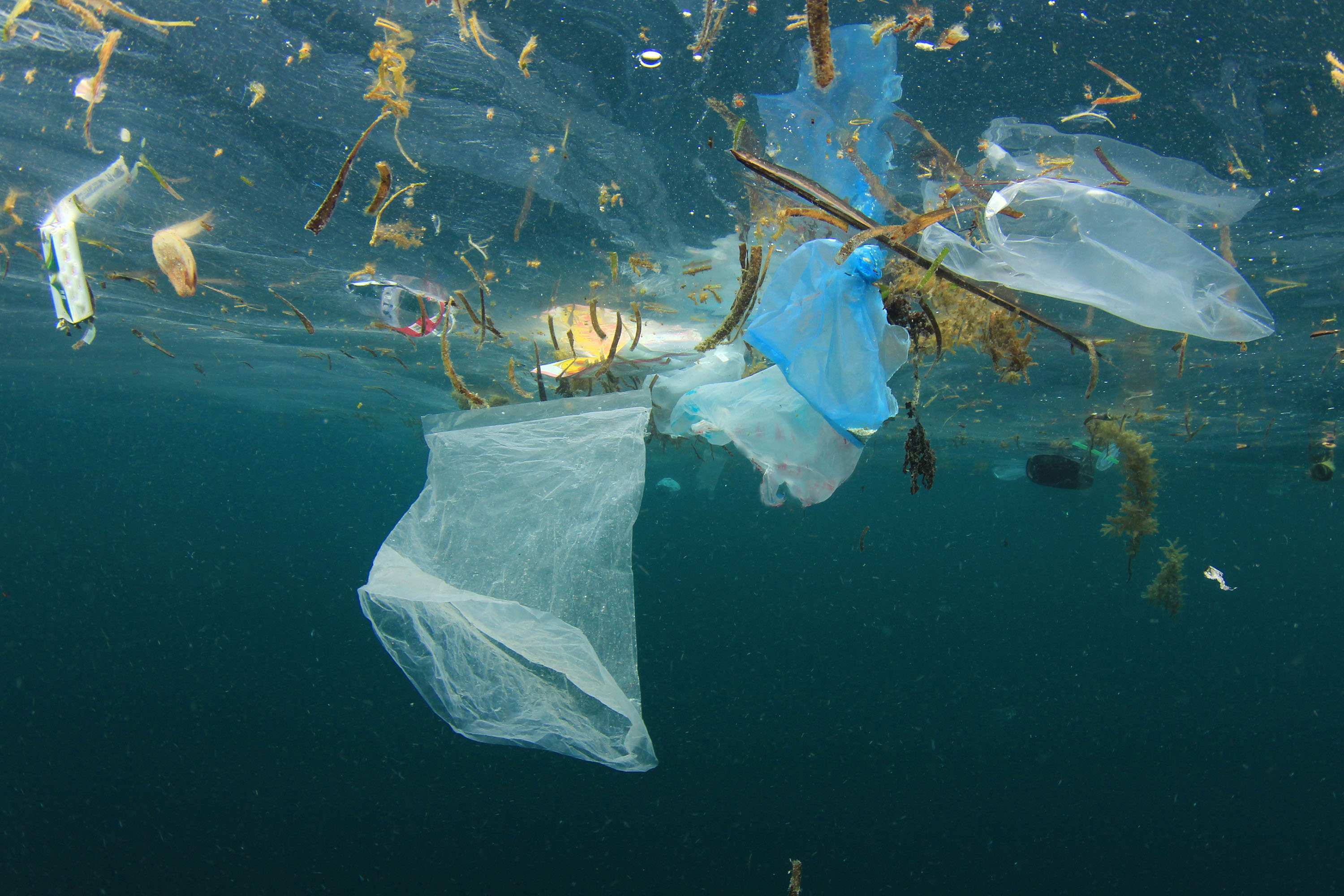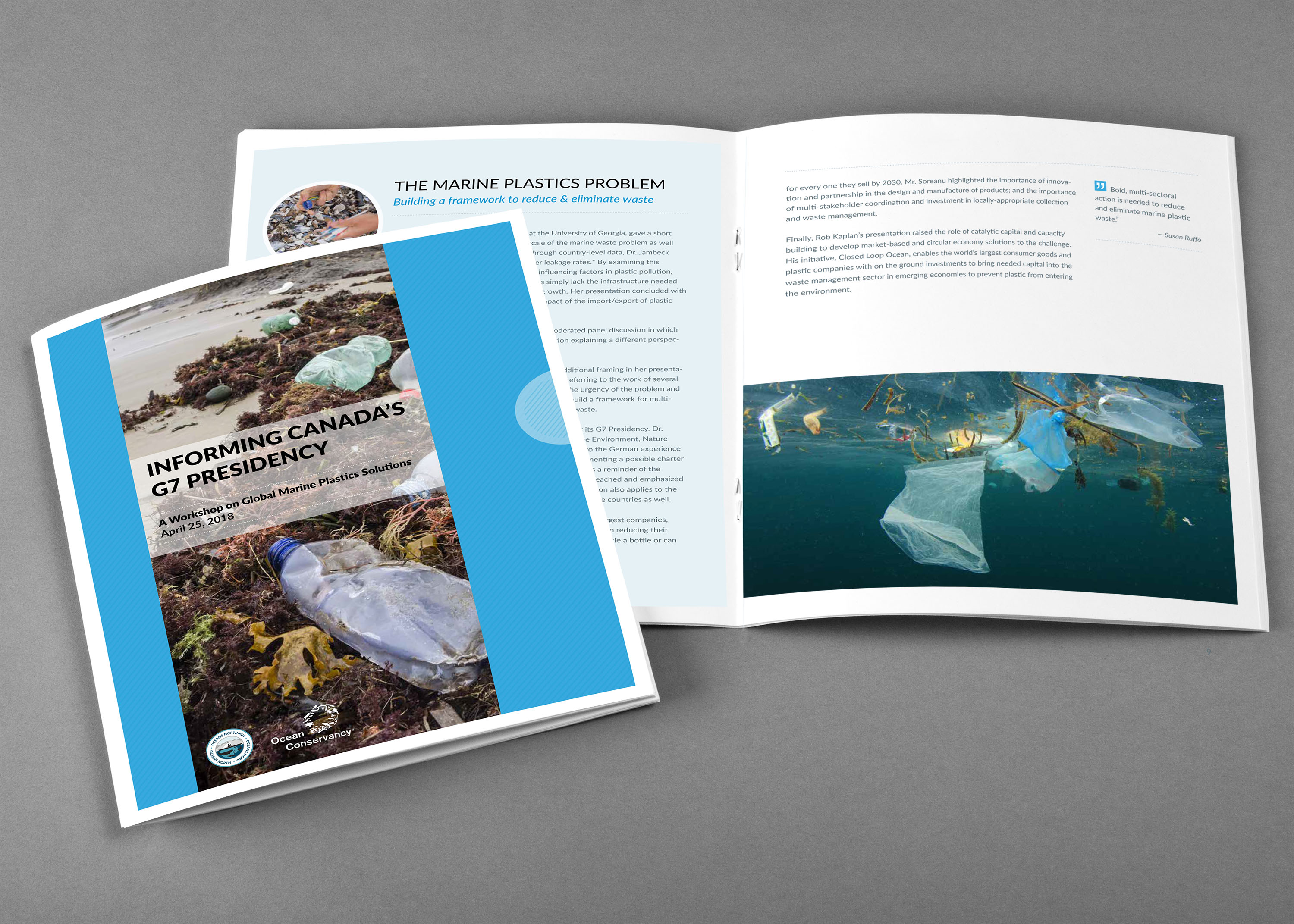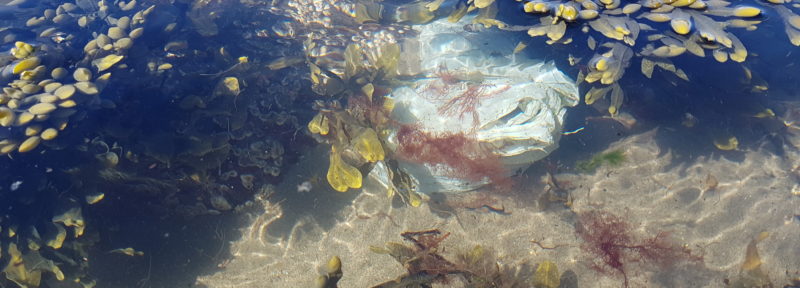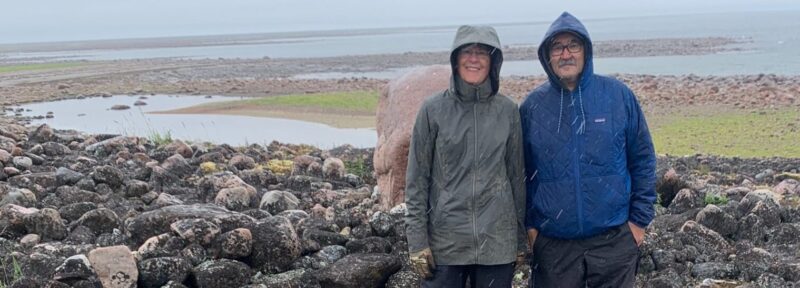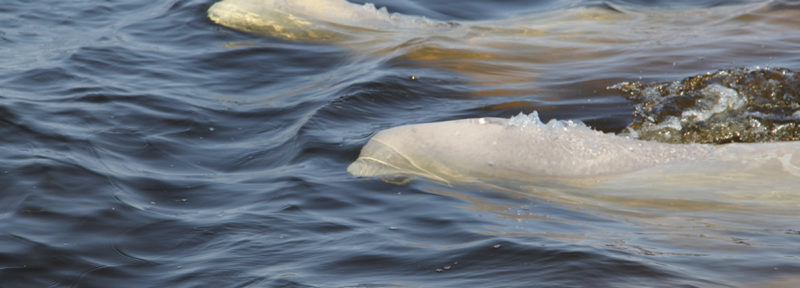Report Urges G7 Nations to Take Action on Reducing Plastic Debris in Oceans
Even with one of the best waste management systems in the world, Canada only recycles 11% of its plastic waste, leaving almost 90% in landfills and, in some cases, reaching our lakes, rivers and oceans.
ᐃᓕᓴᕆᔭᐅᔪᖅ: Rich Carey
Canada’s G7 Presidency will conclude next week with a meeting of environment ministers in Halifax, Nova Scotia from September 19 to 21. On their agenda will be a discussion about the problem of ocean plastics, an urgent issue that has serious implications for the long-term health of the world’s oceans. In advance of that meeting, Oceans North and Ocean Conservancy are pleased to release a report documenting the results of a one-day workshop last spring that convened business leaders, scientists, government officials and NGOs to recommend options for combating marine plastic waste.
The report, titled Informing Canada’s G7 Presidency: A Workshop on Global Marine Plastics Solutions, describes key findings from the workshop and recommends four categories of action: (1) foundational actions needed for success, (2) actions Canada can take at home, (3) actions the G7 can advance, and (4) actions that require broader global partnership. The key outcomes are summarized as follows:
Foundational actions needed for success:
- Increase waste literacy and try to change consumer, producer, and government behaviour, with appropriate monitoring in place to measure effects of interventions
- Develop solutions that are appropriate to place – there is no “one size fits all” solution
- Establish and support enabling, flexible, and enforceable policies that allow for effective action.
Actions Canada can take at home:
- Set a Canadian harmonized national standard for extended producer responsibility (EPR) to aim toward zero-waste and a circular economy.
- Create a Canadian national marine debris strategy.
Actions the G7 can advance:
- Set ambitious G7-level targets on different aspects of the marine plastics issue, e.g. recycling rates and recycled content levels.
- Support innovation, science, and practical R&D domestically, across the G7, and globally
Actions that require broader global partnership:
- Use foreign assistance funds to support priority actions by developing countries to reduce marine debris, including education and capacity building and developing and implementing policies, plans, and finance tools
- “Blend” domestic funding, bilateral and multilateral assistance and private funds to build capacity and solutions in developing countries and create a full waste/plastic management “ecosystem” to address the issue
- Develop a city initiative to support cities and communities to reduce and manage marine plastic. Examples of how this could be achieved could include sharing best practices, increasing local recycling capacity and supporting innovative waste management technologies – early emphasis should look to existing networks and partnerships
- Consider the need for an international agreement on plastics, perhaps one between China, Indonesia, the Philippines, Thailand, Vietnam, and the G7 countries
This report presents advice from leading experts across society about how to solve the complex global marine plastic problem. It has been offered to Canada and the G7 ministers as input to their deliberations, to support their ambitious goals for reducing marine plastics. The G7 meeting of environment ministers is an important moment to advance these solutions and work towards concrete actions that support healthy oceans for Canada and the world.
Recognizing the growing global momentum on this issue, we also offer these solutions to officials around the world who are working on these issues, such as those working domestically and through the G20 and Asia Pacific Economic Cooperation (APEC) forum and Association of South East Asian Nations and many others, as well as the business, academic and civil society leaders who are taking action. We have an opportunity now to work together to solve this problem and we believe there is the will and knowledge to do it.
<< Download the Report >>
Louie Porta is vice-president of operations for Oceans North.
Susan Ruffo is managing director for International Initiatives for Ocean Conservancy.

